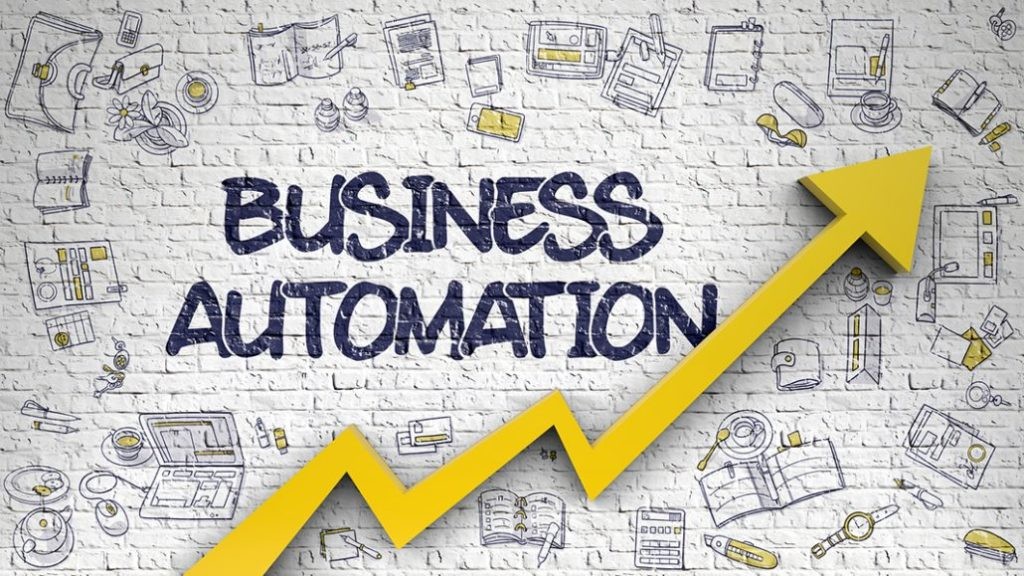In today’s dynamic business landscape, efficiency and productivity are paramount to success. Businesses are constantly seeking ways to optimise their operations, reduce costs, and enhance customer experiences. Business automation emerges as a powerful tool in achieving these goals.
Business automation refers to the application of technology to automate repetitive tasks, streamline workflows, and eliminate manual processes. It encompasses a wide range of tools and techniques, including (RPA), artificial intelligence and machine learning.
Why do we need it?
- Reduce costs: Automation eliminates the need for human intervention in repetitive tasks, saving labor costs and reducing overhead expenses.
- Enhance efficiency: Automation streamlines workflows, eliminates bottlenecks, and accelerates processes, leading to increased productivity and faster turnaround times.
- Improve accuracy: Automation minimizes human error, ensuring consistent and accurate results.
- Empower employees: By automating mundane tasks, automation frees up employees to focus on more strategic and value-added activities, enhancing their job satisfaction and overall productivity.
- Enhance customer experience: Automation enables businesses to provide faster, more personalized, and responsive customer service, leading to improved customer satisfaction and loyalty.
Where can we automate as much as we can
Business automation can be applied to a wide range of business processes across various industries.
- Customer service: Automated chatbots and virtual assistants can provide 24/7 customer support, answering questions, resolving issues, and routing inquiries to the appropriate personnel.
- Marketing and sales: Automated email marketing campaigns can nurture leads, deliver personalized content, and trigger targeted offers based on customer behavior.
- Human resources: Automated payroll processing, onboarding procedures, and benefits management can streamline HR operations and reduce administrative burdens.
- Finance and accounting: Automated invoice processing, expense management, and financial reporting can ensure accuracy, improve compliance, and enhance financial transparency.
- Supply chain management: Automated inventory management, order fulfillment, and shipping processes can optimize logistics, reduce costs, and improve customer satisfaction.
How to?
Implementing business automation effectively requires careful planning, strategic execution, and continuous monitoring. Businesses should:
- Identify automation opportunities: Analyse existing processes to identify repetitive, manual tasks that can be automated.
- Choose the right tools: Select automation tools that align with specific business needs, processes, and technical capabilities.
- Implement gradually: Start with small-scale automation projects to test the technology, gain experience, and refine implementation strategies.
- Provide employee training: Equip employees with the necessary skills and knowledge to effectively utilize automated systems and adapt to new workflows.
Business automation is not about replacing humans and that’s what most people think that its going to replace them; it’s about empowering them to focus on higher-value activities, enhancing efficiency, and driving business growth. By embracing automation, businesses can navigate the ever-evolving business landscape with greater agility, resilience, and success.
